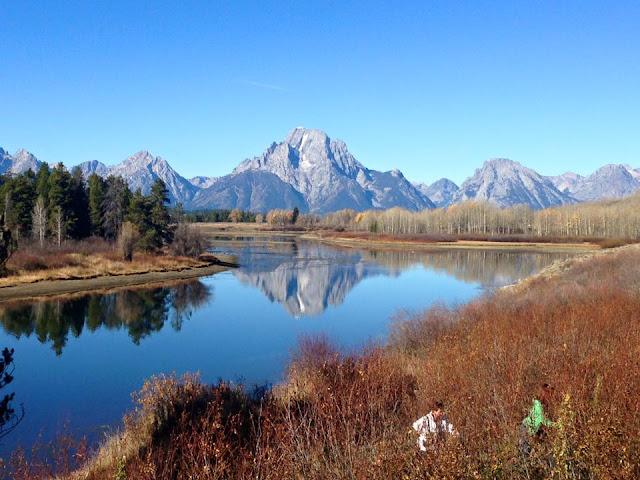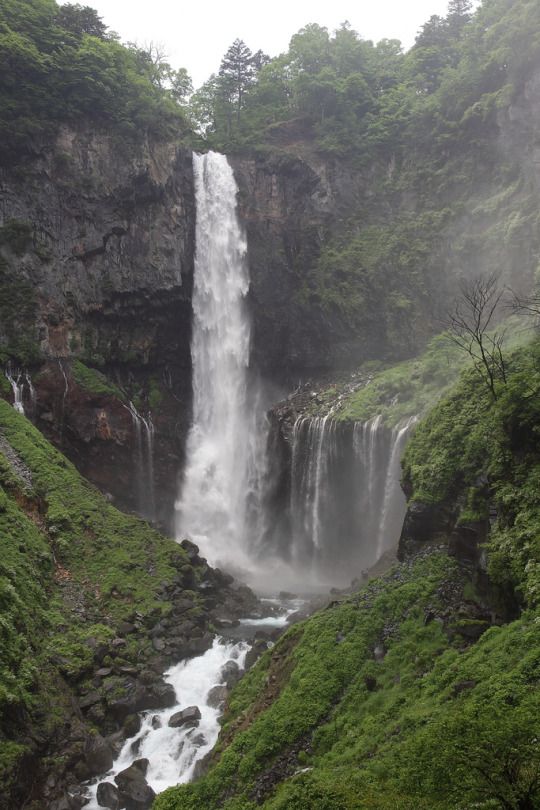What is Knowledge : Ch-8-19.

Chapter-8 : Control of the Instruments of Knowledge.19 Therefore, the control of the senses also is a part of the educational process. It is a part of the psychology of real education. A spiritual seeker has to be a good psychologist in the sense that he has to understand the reason behind the way in which he conducts himself, the manner in which his mind operates, and the reason why anything at all happens to him. Why do we desire anything? It is not enough if we prevent the expression of this desire; it is also necessary to know why a desire arises at all. And we know very well why desires of any kind express themselves: it is the persistent asking of consciousness to feel assured that it is always right in its imagination that its object is outside it. It is telling us again and again that we have to certify, corroborate, and agree with its opinion that the world is outside it. If we say that the world is not outside, it is not going to listen to us. This is the re...


